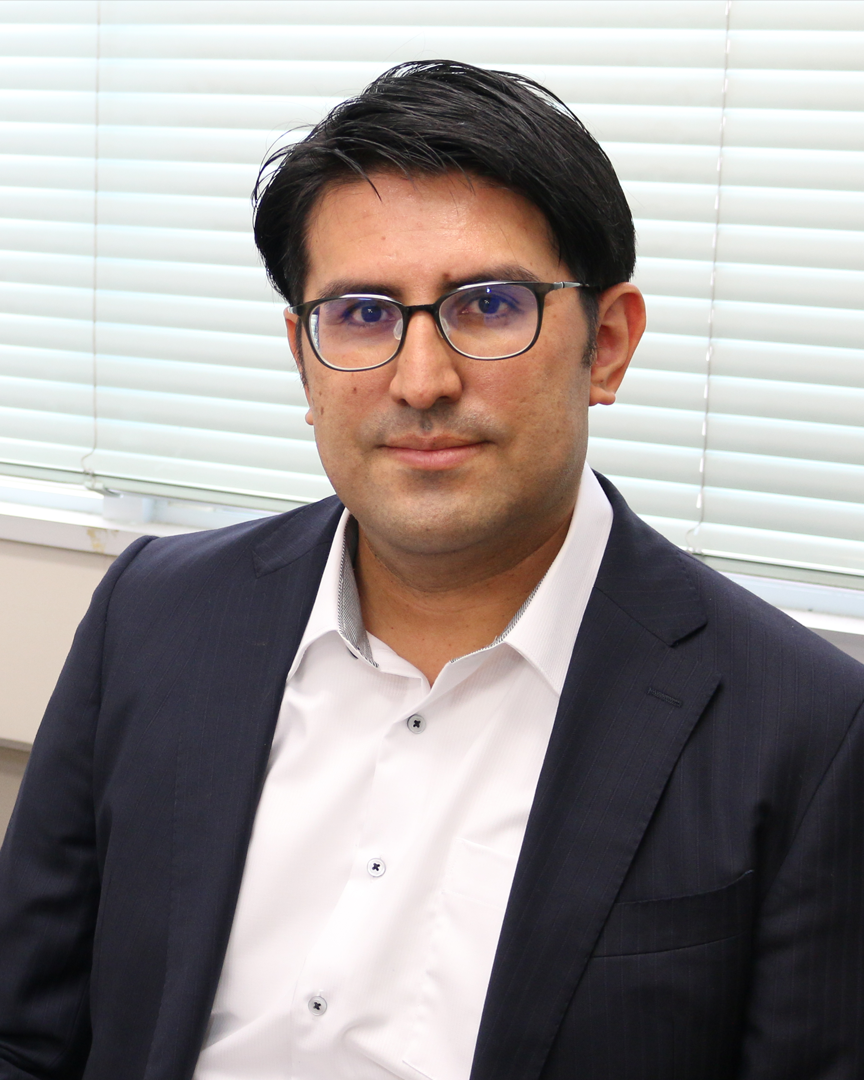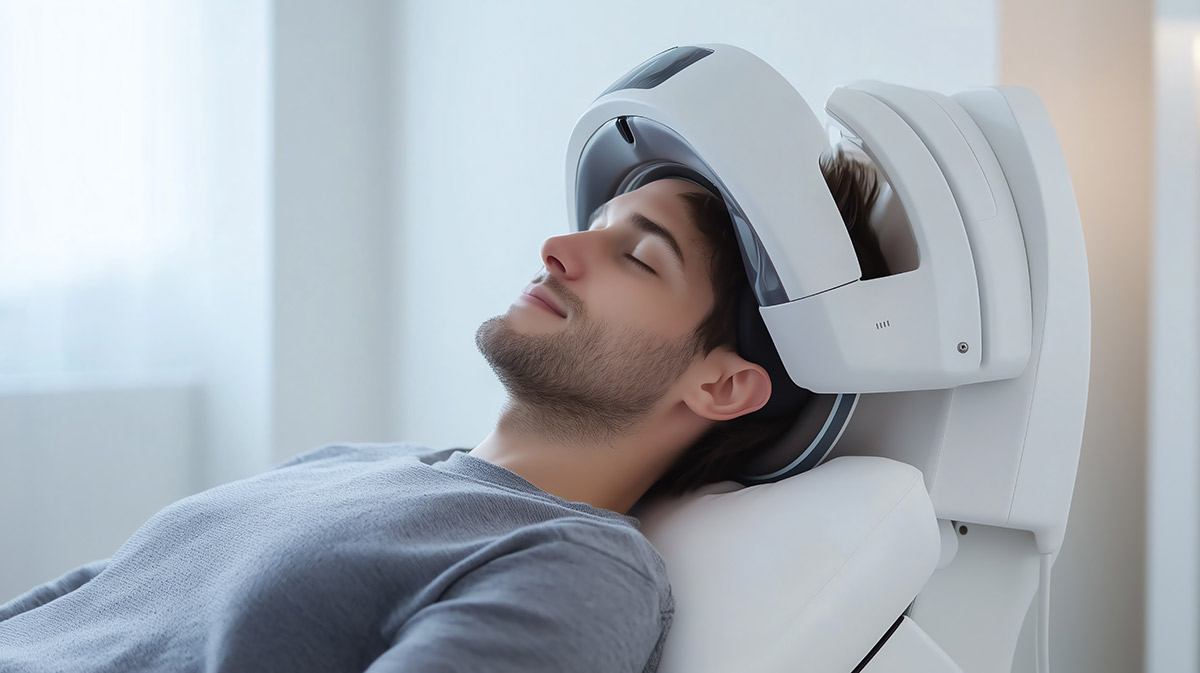Realization of Non-invasive Bioelectronics for Neural Stimulation

-
- Principal Investigator
Associate Professor / Jose GOMEZ-TAMES
- Affiliation
Center for Frontier Medical Engineering, Chiba University
Researchmap
ORCID ID
- Principal Investigator
Bioelectronics is a type of therapy that uses electrical stimulation to regulate neural circuits. Controlling neural activity can affect neural circuits and treat neurological dysfunctions and disorders. For example, by realizing deep brain stimulation, various conditions, such as Parkinson's disease and epilepsy, can be treated with high effects. One type is invasive bioelectronics that achieves high effectiveness in targeting the affected area, but the surgery required to implant stimulation electrodes can be burdensome for patients and may lead to serious side effects. On the other hand, non-invasive bioelectronics use wearable electrodes attached to the skin, making the procedure easier and reducing the risk of complications, but they often lack precision and control over localized stimulation.
My goal is to understand the neural responses induced by non-invasive bioelectronics and to develop effective, precise, and safe cutting-edge technologies. To achieve this, we are employing an interdisciplinary approach that combines neuroscience and computational methods. Specifically, I conduct in-silico experiments to simulate neural stimulation phenomena, which are validated and refined using experimental data. Furthermore, I am exploring neural stimulation through various stimuli, including electrical, magnetic, acoustic, and thermal, using multiphysics neural firing models to elucidate the activation mechanisms. By comprehensively understanding and applying these mechanisms, there is an expectation to develop innovative treatments for neurological disorders.

